
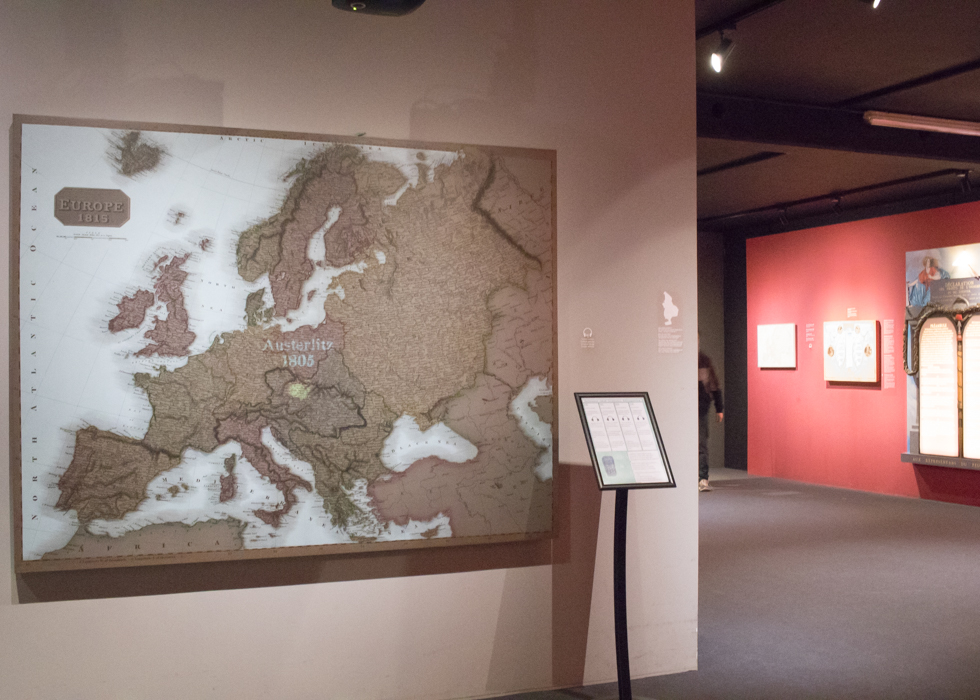
One of the most interesting facts about Belgium is that it has three official national languages in one country. At the crossroad of European culture, Belgium sometimes used to belong to today's France, Netherlands, German. Basic thing such as guide signs are both in French and Dutch, most of the products information is written at least in two languages. You can experience this multilingual culture when you visit Belgium.
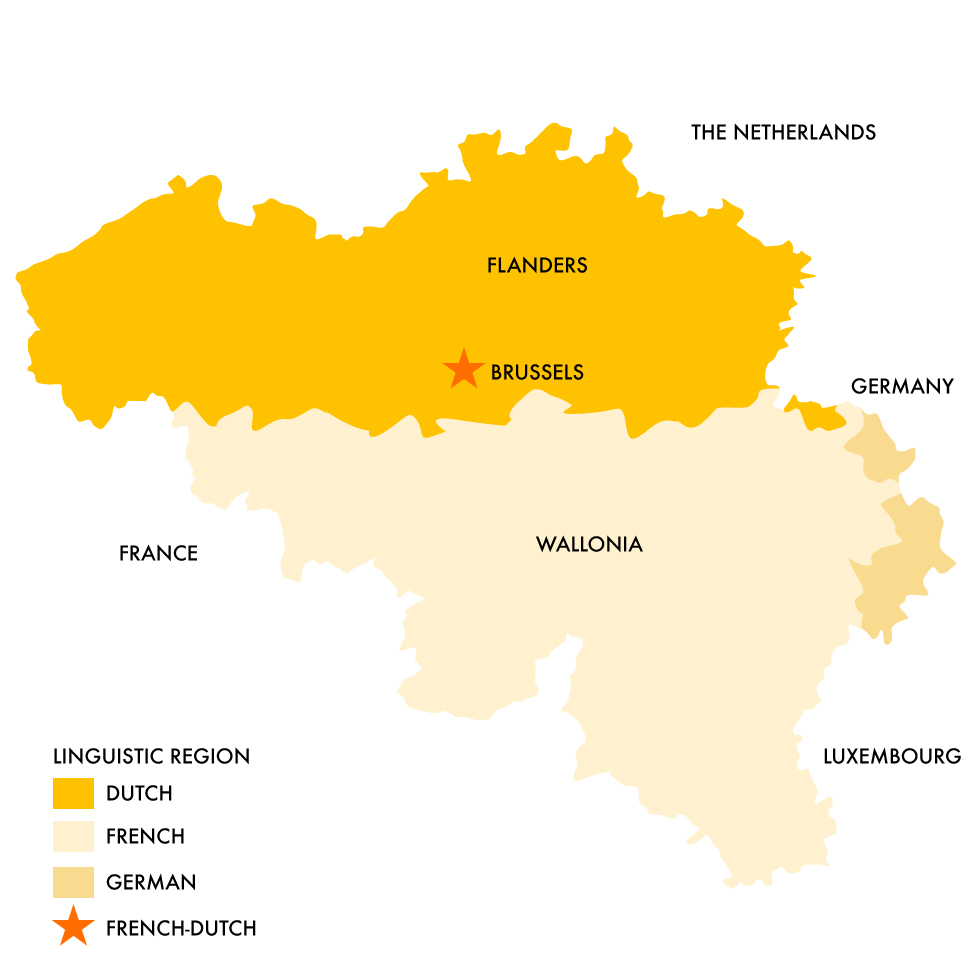
First of all, Belgium has three languages and as shown on this language map, there are four linguistic areas, which form the basis of the federal structure: The French-speaking area, the Dutch-speaking area, the bilingual area of Brussels Capital and the German-speaking area.
.jpg)
In the station, especially, tourists often get confused by the signs of different city names. For example, Antwerp in French is Anvers whilst Antwerpen in Dutch. There is a city called Leuven in Flanders which is Louvain in French. But there is also Louvain-La-Neuve(means “New Leuven”) in Wallonie so this makes people confused and sometimes they take the train in the wrong direction and go to the other Louvain. Here is the list of city names so you can check your destination and remember the names. In the train, the announcement is only in French or Dutch.
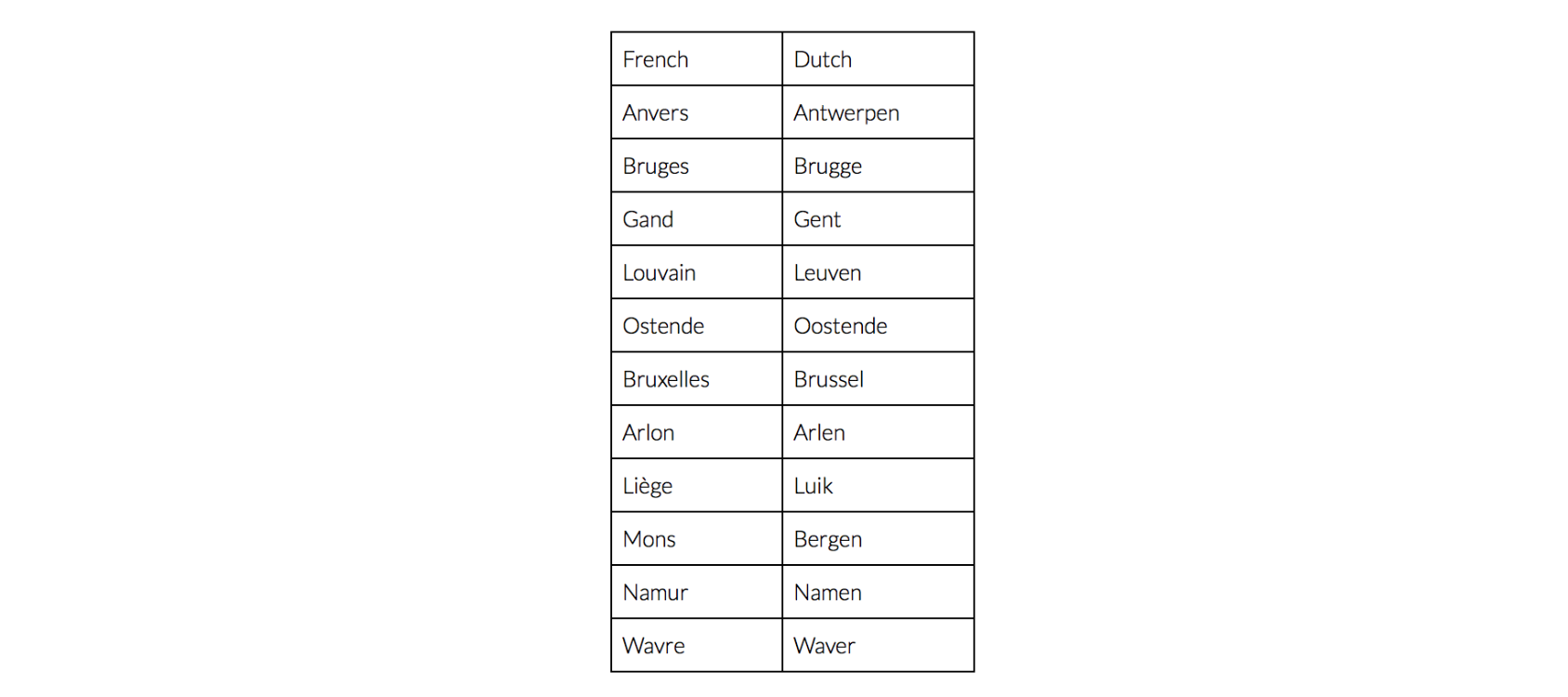
.jpg)
In the south part of Belgium, Wallonie, people speak French as well as in the most part of Brussels. So basically French works perfectly in Belgium. There are just some small differences like the French dialect in France. Here is some phrase you can use.
Bonjour. (Hello)/ Bonsoir. (Good evening)
Merci. (Thank you)
xxx, s'il vous plait. (xxx, please)
.jpg)
Funny thing is that how they count numbers in French in Belgium are more simple. For example, in French, we say “soixante dix(60+10)” for 70, whilst they say “septante(70)”, the same things work for 90 as well.
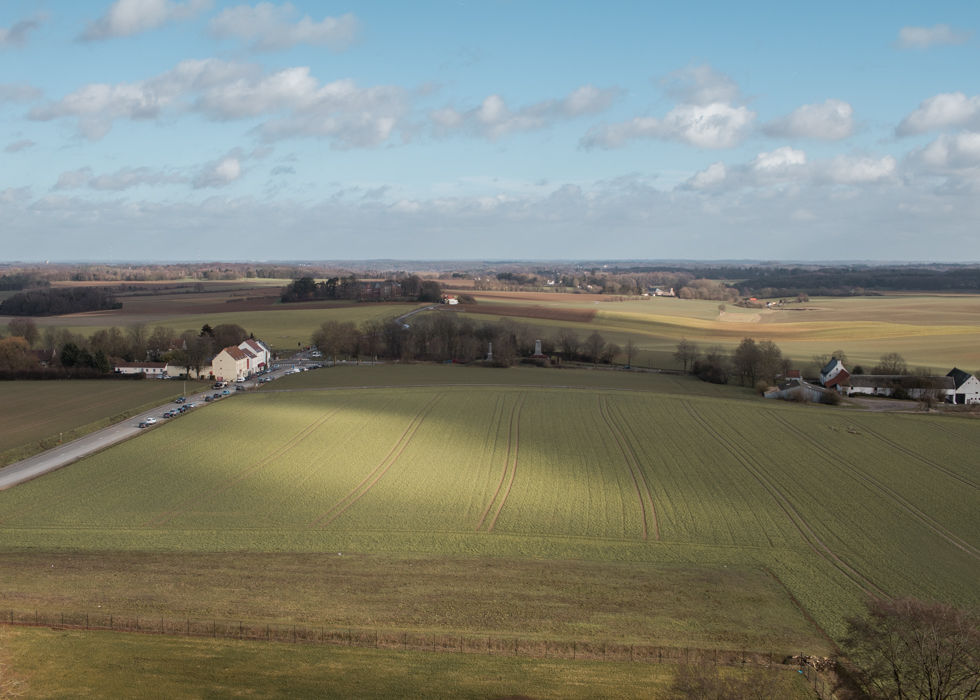
There is an old language called Walloon(Walon), which is a Roman language and is totally different from Dutch or even French. This language is not used anymore nor not even learned from education.
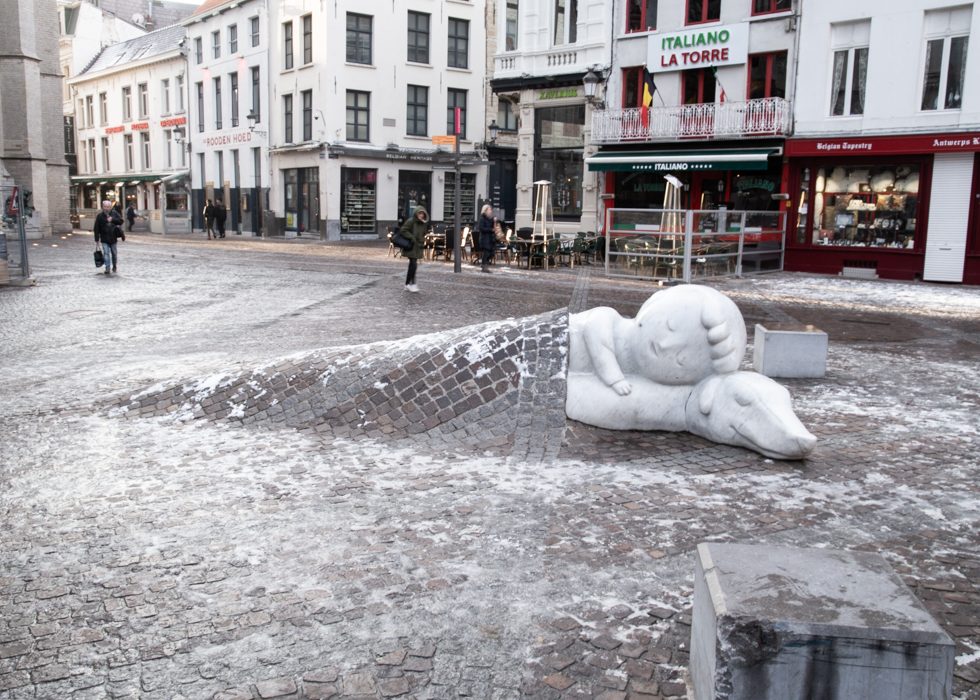
Most foreigners somehow think that people mostly speak French in Belgium, however, more than half of the population are Dutch speaking. In addition, most of the popular touristic cities locate in North Belgium, Flanders. Dutch is similar to English and Belgian people say that Dutch is like between English and German. It's not that difficult to learn some phrases in Dutch.
.jpg)
Dag! (hello, goodbye)
Dank u(thank you, in a polite way)
Spreek je Engels?(Do you speak English? pronounce like 'sprayk yuh ehng-uhls')
“Dag” is a very usable and common word to say hello and goodbye that you can use in shops, to friends, whatsoever. Dag means “day” in English and you can hear this in Flanders in Belgium quite often.
.jpg)
Knowing about the country's language is learning its culture. In Belgium, you should enjoy the multilingual culture. When you are in Brussels, you will hear mostly French, while you will hear Dutch if you take the train just some 20 minutes to the north.
Words and photographs by Leona Fujii